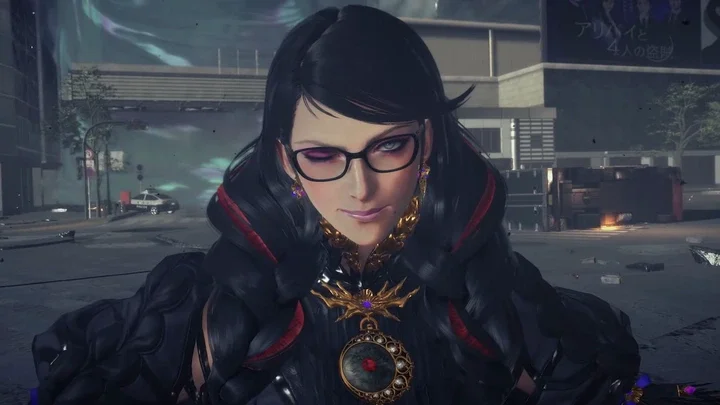
I've always been someone who appreciates a good story, as well as a game that respects realism when delivering a memorable experience to players. Nonetheless, I've come to realize that nothing compares to games that are so ridiculous you struggle to describe them to others.
Games that embrace the absurdity that the medium allows will always make a lasting impression, be it for the gameplay, the story, or both.
Some of the Best Games Have Bizarre Plots and Side Quests
I'll never get tired of games that deliver incredible narrative experiences, like The Last of Us or Red Dead Redemption 2, but games with convoluted or nonsensical plots can be just as good, if not better. The Zero Escape and Danganronpa franchises are among my favorite, and both feature exceptional stories. That being said, I honestly don't know where I'd begin if I were to describe the characters and the writing at some moments, particularly with Danganronpa.
Even games with a more realistic aesthetic, such as Deadly Premonition and Indigo Prophecy, feature downright comical writing or plot points that will audibly make you laugh out loud because they're so silly you can hardly believe it. And yet, despite all that, or maybe because of it, you love every second of it.
This approach applies to things like side quests, too. To this day, I will never get over the Be My Baby mission in Yakuza Kiwami 2. After beating up some Yakuza, a man offers to thank Kiryu by inviting him to his favorite club. Though Kiryu isn't aware of it at first, it turns out it's a club where adult men dress in diapers and have the women there treat them like babies. When he tries to leave, the man who invited him there is offended, leading to a brawl where you must defeat a room full of men in diapers.

It's difficult to even explain that side quest without chuckling, and it's one of the reasons the Yakuza series is so beloved. That's not to say all games should have something along the lines of beating up a bunch of men in diapers, but plotlines like that are so funny and relaxing, it's impossible to be tense while playing through them.
Suspending Belief Makes a Game Even More Enjoyable
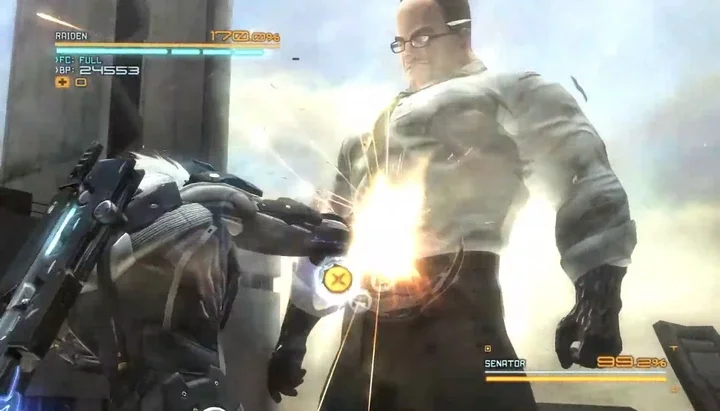
Metal Gear is a franchise I've loved for as long as I can remember and is one of many that fulfills my need for complicated, dense lore. Though it's obviously fictional, the themes and politics involved are very real. The games themselves can get a bit silly both from a gameplay and narrative perspective, but I always thought they were at least somewhat realistic. However, when Metal Gear Rising: Revengeance came out, it was so over the top I found myself unable to get immersed and truly enjoy it like I did the mainline games.
A couple of years later, I lost a bet to some friends and, as punishment, I said I'd play through the whole game. After playing for a few hours, I stopped caring about the story or its relation to the Metal Gear series, and it became exponentially more fun. The crazier it got, the more pumped up I got as I played. This peaked with the legendary Armstrong fight at the end of the story, and it was there I realized Metal Gear Rising: Revengeance was one of the best experiences I've ever had in gaming.
This revelation changed how I looked at all forms of fiction. Something doesn't have to be preposterous for me to like it, but I've developed a newfound appreciation and respect for it. JoJo's Bizarre Adventure is now one of my favorite anime, and I find myself often revisiting classic games like God Hand because I know I can turn my brain off and enjoy the ride.
Gameplay Isn't Hindered by Coherence
This sentiment applies to gameplay as much as it does the narrative. When you're constrained by realism, or by the laws of the universe the developers created, there's a limit to everything you can do. Does it make sense that in the Devil May Cry games, Dante can switch his weapons at the drop of a hat? Not really, but that means nothing is too outlandish for him. Let's chalk it up to demon powers and watch as he rips a motorcycle in half and proceeds to grind enemies to a bloody pulp with it.
A big reason many of us play games is the fulfillment it grants us. When we play, we're transported to a fantasy world where we're the hero, or at least the main character of something extravagant. A game doesn't have to go off the rails to maximize that power fantasy, but the less inhibition we have, the better the gameplay loop typically is. When I'm Raiden in Metal Gear Rising: Revengeance, I don't care that I'm a fraction of the size of a Metal Gear, I'm going to cut giant missiles in half and then bisect the bipedal behemoth with metal music hyping me up in the background because I can.
That's not to say that a game has to lean heavily into being ridiculous to be memorable, but I have noticed the ones that receive near-universal praise often do. Devil May Cry, Bayonetta, Asura's Wrath, and God of War are but a few shining examples of games that let you go wild and constantly reward your creativity.
The Creative Freedom Breeds Innovation

On the subject of creativity, games like the ones I just mentioned innovated in their own ways and introduced mechanics often used today. For example, the 3D dodge roll, a pivotal mechanic in many games, was perfected in fantasy games where the developers were allowed to let their imaginations run wild.
The 3D dodge roll began with Tomb Raider in 1996 and was implemented in a semi-realistic way (if you ignore the fact Laura can jump so high). Two years later, The Legend of Zelda: Ocarina of Time was released and refined it. Where Laura's dodges were clunky and slow, Link's are far more responsive and snappy. Side-stepping and backflipping allow you to methodically evade and counter enemies, while the dodge roll can be used for the same purpose or to simply move faster. You could then argue Dark Souls revolutionized it, to the point that many games clearly take inspiration from it.
Similarly, Max Payne is a game that plays out like a comic book, with a story and dialogue so hammy you can't help but smile when you listen to it. It gave us Bullet Time, a satisfying time-slowing mechanic that blew my mind the first time I saw it. Later on, the fantastical Bayonetta took the concept a step further and really turned it into something special.
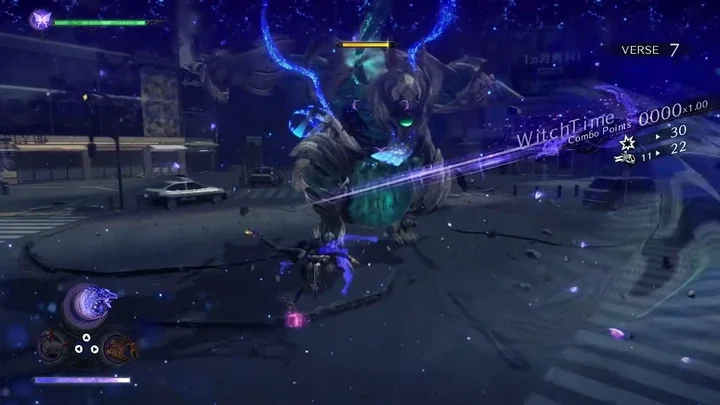
In Bayonetta, Bullet Time becomes Witch Time, a feature that compensates players who dodge incoming attacks at the right moment by slowing down time. Witch Time encourages blending offense and defense, resulting in an addictive gameplay loop. Games like NieR: Automata, have something like it as well, and it's one of the reasons you keep going back to them for more.
We have plenty of games now where the developers and writers were clearly having fun and loved what they did, but I still can't help but wish we'd see it even more. All I'm saying is that for every game that wants me to eat to sate my hunger, there should be another that allows me to uppercut Ryu from Street Fighter all the way to the moon.




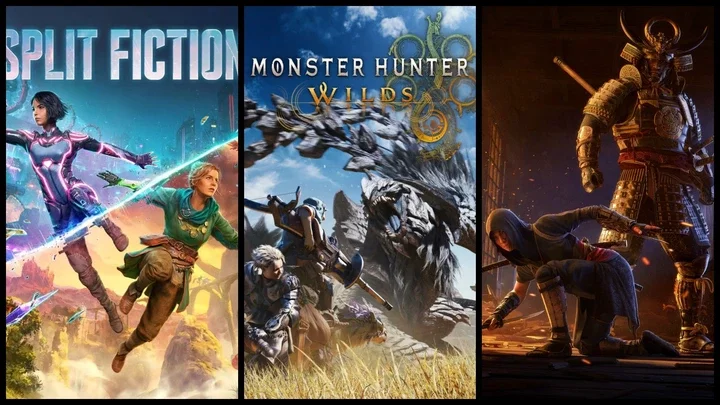
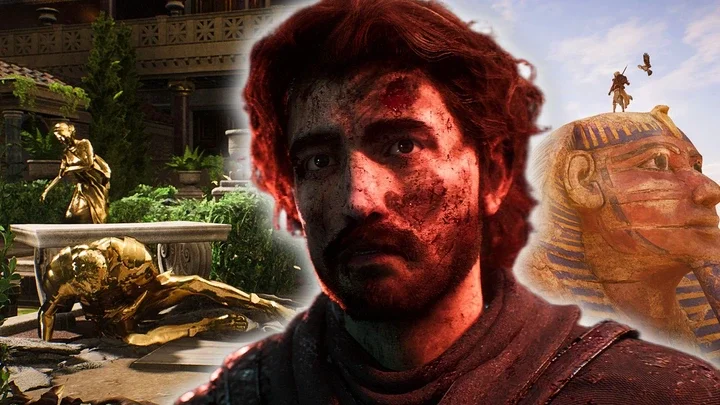









Comments